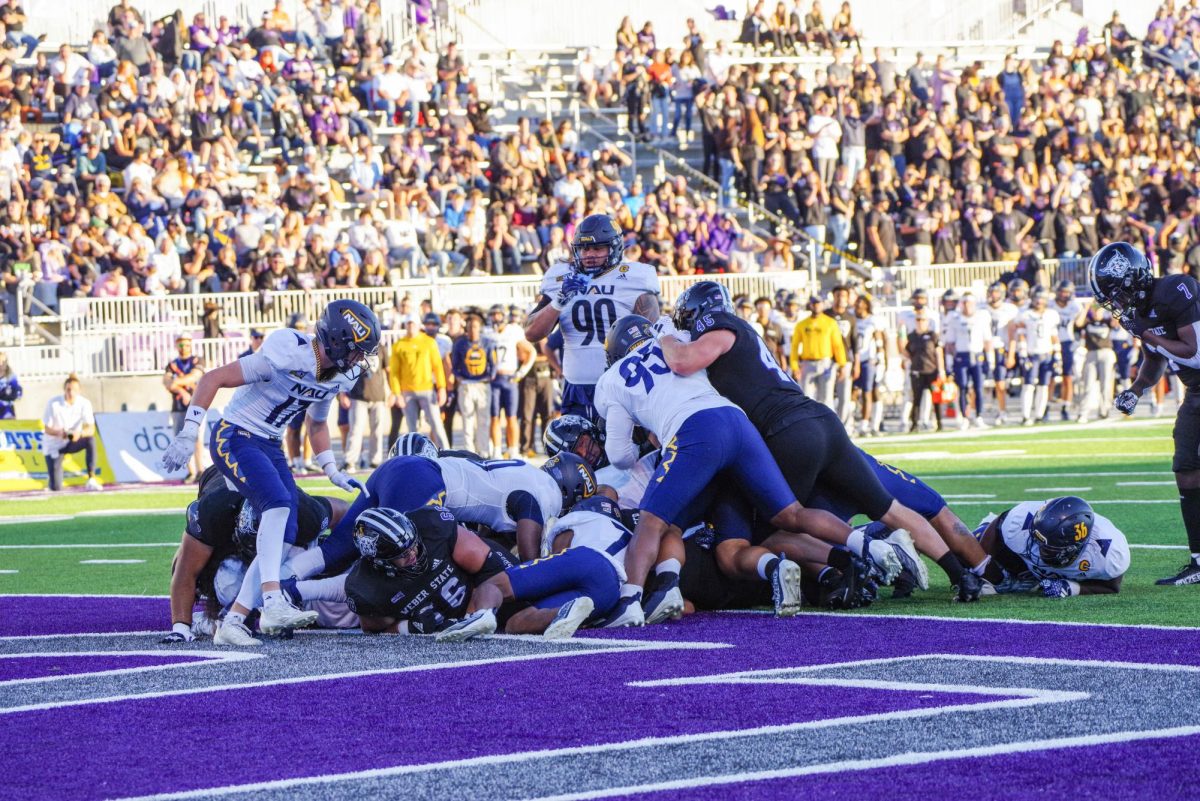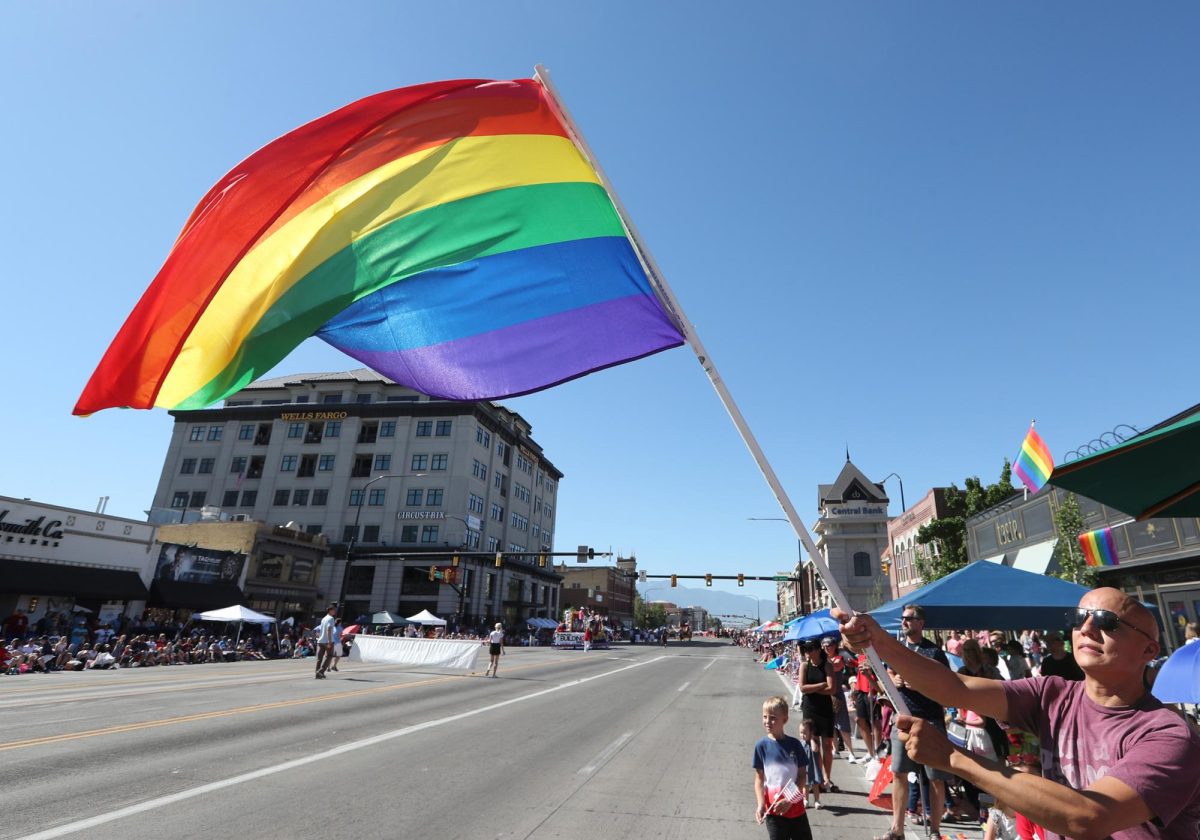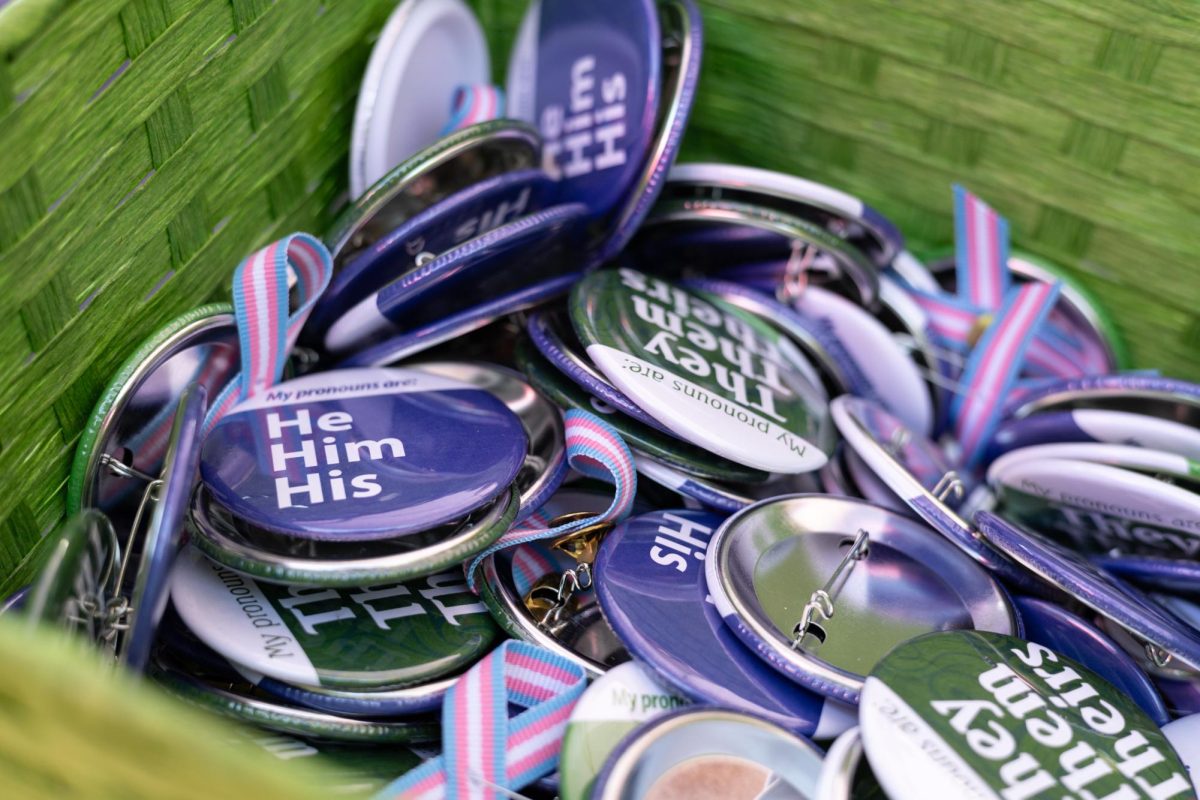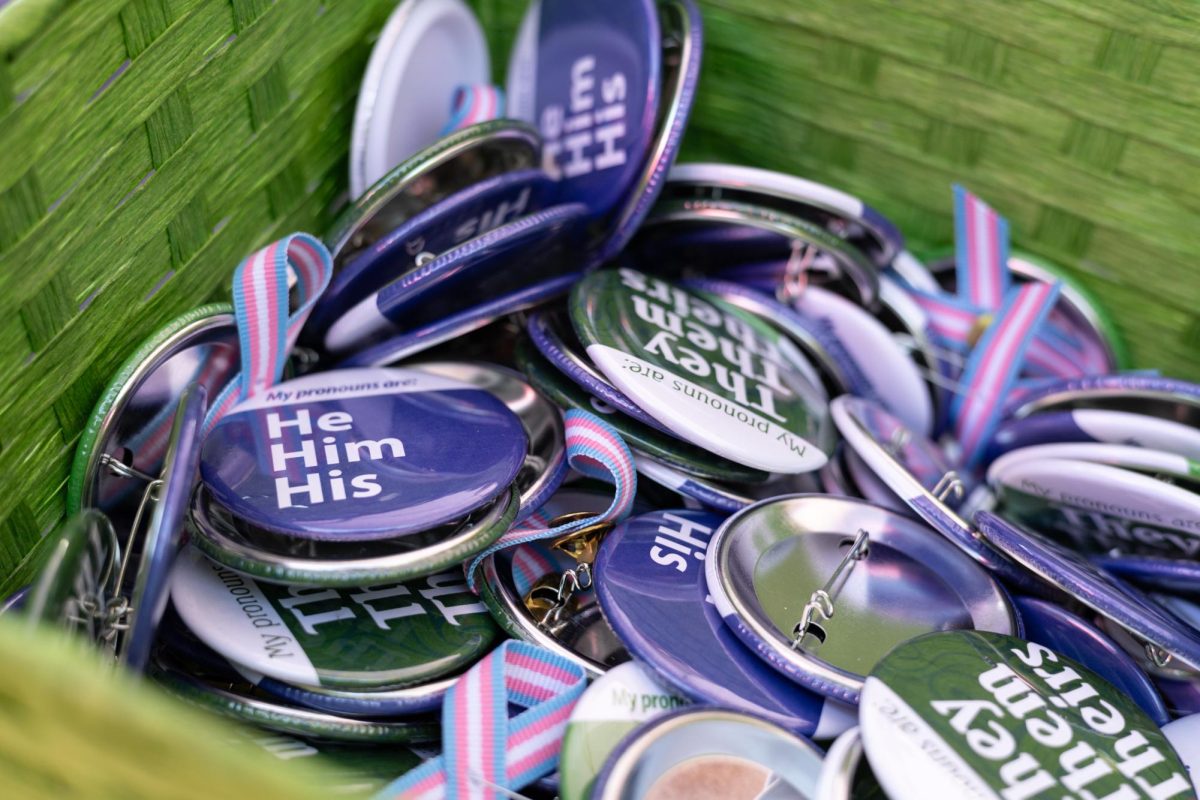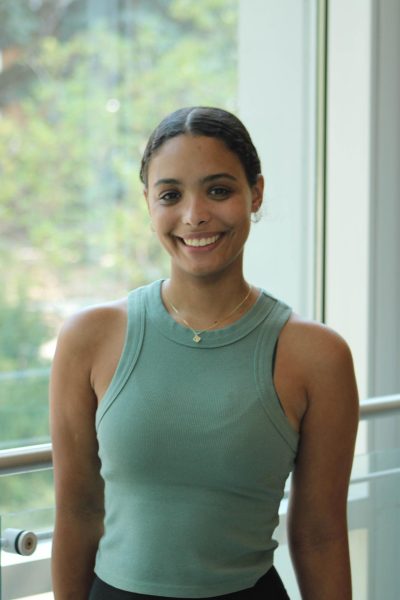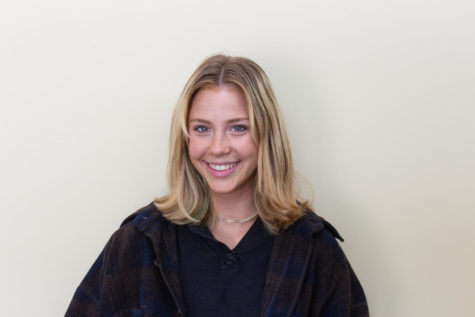On Aug. 29, posters appeared on what will be Weber State University’s Black Cultural Center on the second floor of the Shepherd Union calling out the university’s alleged unequal treatment of Black students.
The posters, which include quotes such as “Black lives should matter at WSU, do they?” invite students who want to learn more about this injustice and support the cause to join a town hall meeting on Sept. 13 at 3:30 p.m., at which there will be free pizza for attendees.
This callout was done in response to a slow start to the Black Cultural Center. Because of this, Black students feel that they are not being treated fairly by the university, as other campus projects have seemed to stall progress on the cultural center.
The Black Cultural Center at WSU has multiple factors slowing down its development, such as supply chain issues with getting furniture ordered for the center and a lack of a leader. Though WSU had searched and even found a candidate, the candidate in question turned down the position. The university is still actively seeking someone to be the head of the cultural center, but until then, progress on the center will continue to have drawbacks.
“I mean, when we put out a search for a position … we had a small applicant pool, which makes it harder,” Adrienne Andrews, vice president of Equity, Diversity and Inclusion at WSU, said. “It’s not that we don’t want to do any of these things … we are actually doing campus interviews for five candidates seeking to fill that position, which will then help us have somebody who can be more of a point person while we get a program manager on tap and connect them with students.”
The transition from the Center for Multicultural Excellence to the Centers for Belonging and Cultural Engagement has been a hard one, though it has been years in the making. Between having an entirely different structure to having to renovate parts of campus for these centers, there have been many changes over the past 18 months.
The process has been difficult for the students involved in these centers, with losses of jobs and displacement of community spaces, but there is still more that has to be done before these centers can be finished.
“Part of me has to think back on my own experiences as a student and where my focus was and what timelines looked like to me,” Andrews said. “We moved walls, and we’ve reconfigured spaces, and those things take time and resources, and then we had changes in leadership, all of which were a part of this. Sometimes moving as fast as somebody wants isn’t helpful overall to everyone. Because there was, this is disruption for lots of different areas and people.”
Though there is not much that the university can do right now, administrators and other staff and faculty still empathize with the frustrations of the students. The process has required a lot of patience, and students, who are only at the university for a short time, offer a different perspective on the timeline of this project that a staff or faculty member may not understand.
“Feelings are valid, even when they’re frustrating and upsetting to us, they are real, right?” Andrews said. “And they should not be minimized, they should not be negated. But we are also working in a context where I don’t just get to focus on this one thing, right. And this is a long-standing set of issues.”
Black WSU students have a history of standing up for themselves, examples of which were posted with the poster inviting students to action at the next town hall meeting. These examples include a November 2021 protest by Black students on campus safety and one of the first Black Student Union meetings at WSU in 1968.
Though the Black enrollment on campus is small, about 2% according to Data USA, Black students at WSU have always made their voices heard through protests and campus meetings. WSU tries to be a place where students of all races and backgrounds can be not only listened to, but heard and understood.
“We seek student feedback for all of the cultural centers, so if you have anything about a cultural centers that you would like to share, feel free,” Andrews said. “I can get it to the different communities who are working on creating these cultural centers in partnership with our students, faculty, staff and community members. Because this isn’t about us, it’s about our community.”
Students who want to make their voice heard regarding the cultural centers or the treatment of Black students or other students of color are encouraged to contact Andrews at adrienneandrews@weber.edu and to attend WSU’s town hall meeting on Sept. 13 with the university’s Black student senator.
“The piece that made me really happy was [that there is] an opportunity for students to get together and meet and have pizza,” Andrews said. “That’s the piece that I’m looking for.”


![Sign in Shepard Union stating, "What will [it] take for black students [to] have true equity on this."](https://thesignpostwsu.com/wp-content/uploads/2023/09/M2Gf9CA7zDODx5zWNyU5r6AroSoPtCWxzwjsjYdP-1200x801.jpg)





